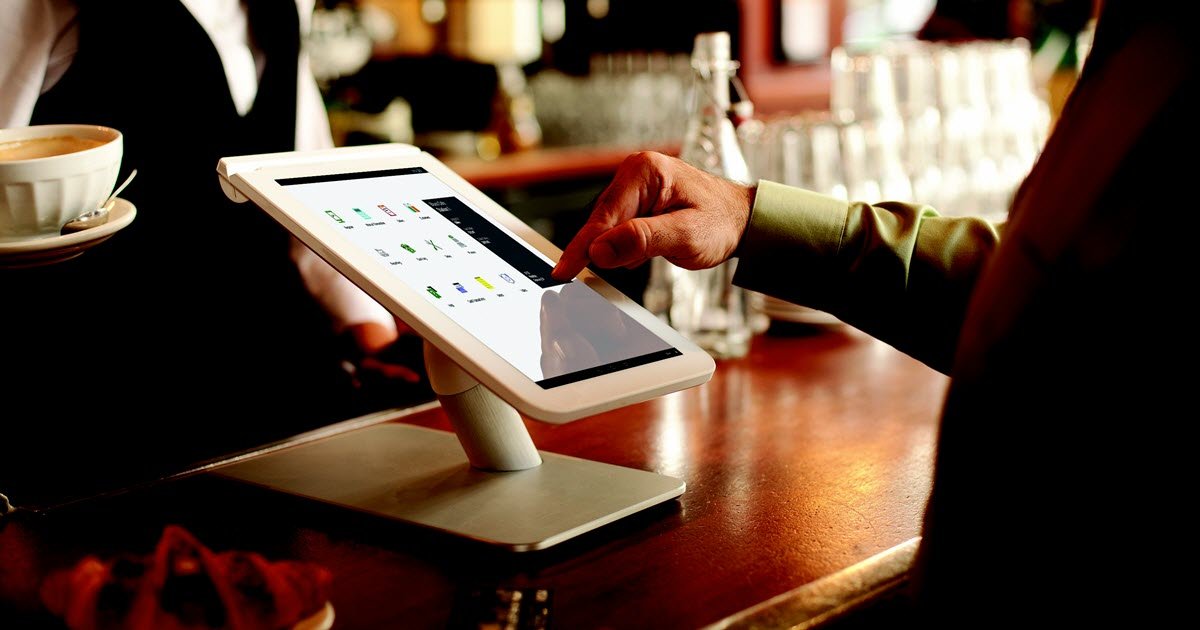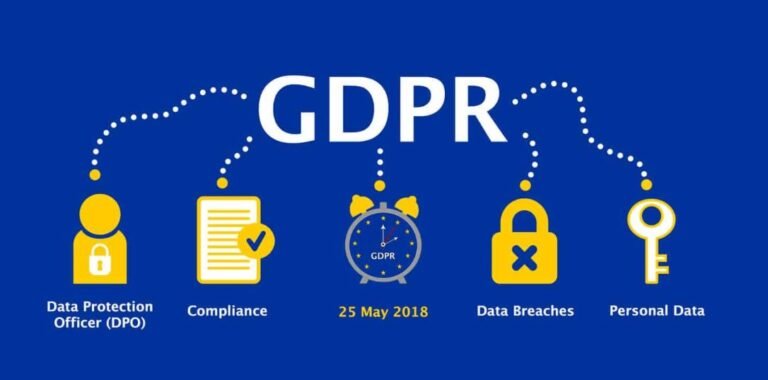7 Things To Consider Before Buying The Right POS Software

Point-of-sale (POS) software will be necessary if you’re running a business. Today, POS isn’t just used for transactions but also to ensure that the company’s daily operations are as smooth as possible.
In fact, as of 2021, about 30% of in-store POS transactions were done through online mobile payments.
In a world where smartphone and electronic gadget usage is continuing to grow, it’s important to understand the right kind of POS software.
Knowing which software to choose can be lengthy and tricky, but your business will boom once you make the correct choice! So come on, let’s get started!
1. What is a POS system?
POS stands for point of sales. In simple terms, it is the point where the purchases are made. Traditionally, POS can be the cash register in physical stores.
But today’s businesses have taken things up a notch. If you switch to good POS software, you no longer need physical registers or files. All transitions can be done online, and the records can be uploaded to cloud servers.
Billions of transactions are done through online payment methods like Apple or Google Pay. Credit or debit card transactions can be safely done through online POS software.
2. Advantages of POS systems
The most significant advantage of POS software is the ease customers can pay for the things they buy in a store.
They had to carry cash earlier, and the entire transaction had to be done manually. Not only did this take a lot of time per customer, but it could also lead to manual errors.
With the advent of POS software, customers don’t have to worry about whether they have enough cash.
By paying through online wallets or even store wallet apps, they can experience a hassle-free payment journey. This has proven to be a big boon for website-based purchases.
3. Check how the software handles inventory
Your inventory will be your greatest asset as a businessperson. An ideal POS software needs to keep up with your inventory demands and have an in-built purchasing system to help you keep track of financial transactions.
It can handle products with multiple attributes, such as other shapes, sizes, colors, and materials.
If the system lets you tag your inventory, you’ll have a much easier time understanding which stocks to keep and which ones to discard. This can be especially useful for seasonal products.
4. See the sync between online and offline stores
These elements should be in sync if you run an online and offline store.
Of course, there will be significant differences in how you handle sales in physical stores compared to online versions like social media or company websites. However, the general flow of sales should remain in sync.
The right POS software will help you strengthen your online presence through omnichannel marketing.
Your POS system should give you instant notifications and consolidated reports on store performance regarding sales order requests or inventory purchases.
5. Consider your biggest hurdles
When it comes to choosing the best POS software, you also have to consider the hurdles you face in your daily business operations.
For example, if you have a small startup in its initial stages and are confident it will grow in the coming years, invest in a robust POS platform that doesn’t follow the one-size-fits-all system.
On the other hand, if your company has progressed and you have enough revenue, you can opt for customized solutions. An advanced level of POS software is the best for overworked and buddy business owners.
6. Look out for your competition
Running a successful business is all about knowing your competition. However, getting accurate reports on market conditions and competitor companies’ performance is complex.
This is where a good POS platform becomes essential. It will give you real-time insights and reports on where you stand in terms of market competition and market growth.
When you get interactive charts and graphs that accurately outline your company’s progress, you can take the correct measures to ensure your business does better each quarter.
7. Educate your employees
Nowadays, a customer who shops your products from your website will have already done their research.
They have a thorough idea of what to expect from a company, especially when buying products. Therefore, you need to show that your employees are equally well-informed.
Retail employees should never feel unable to help an interested customer because that will only result in the potential loss of many such customers.
So, invest in a sound POS system that offers your clients the necessary information.
Conclusion
When purchasing the right POS system, look for these essential things. If you have any doubts, don’t hesitate to contact your nearest POS service provider for help!






